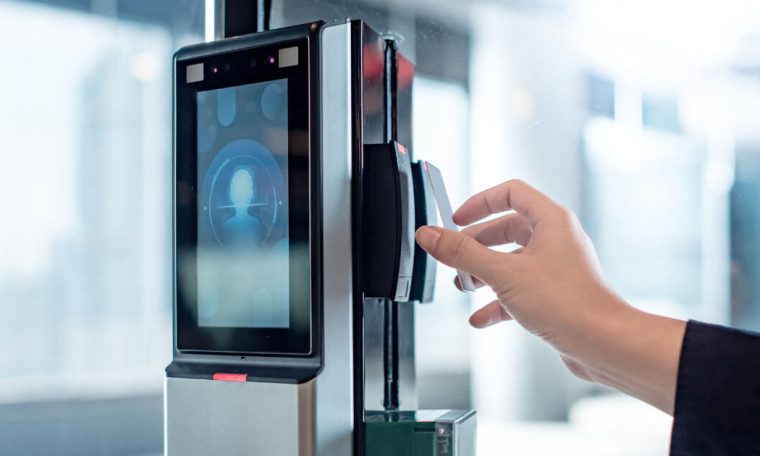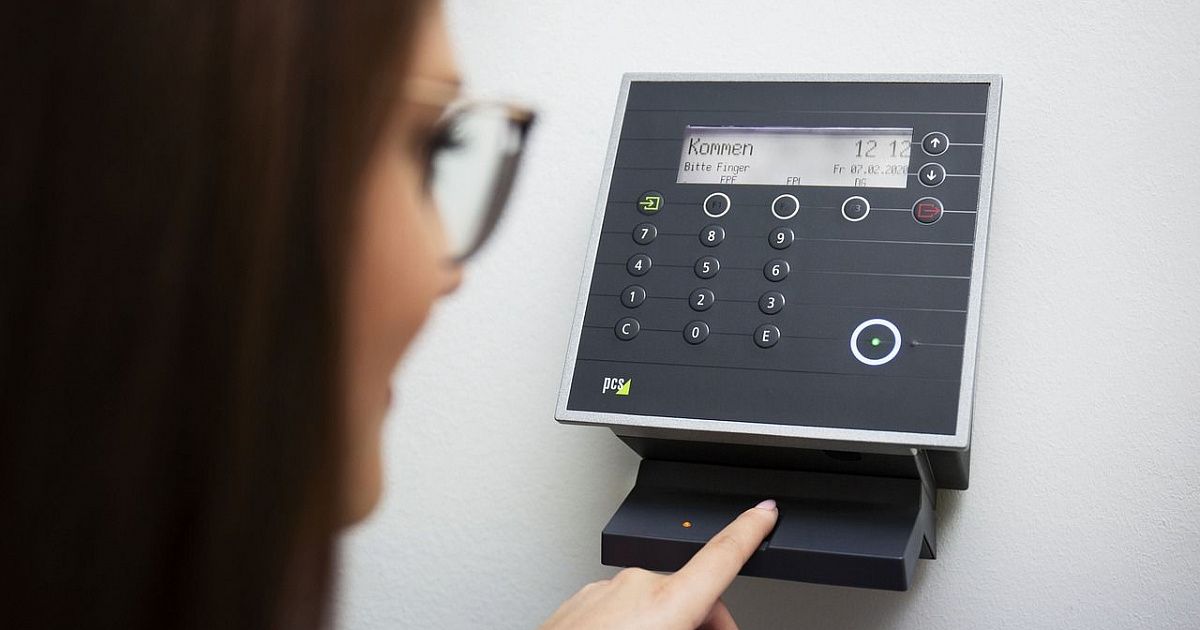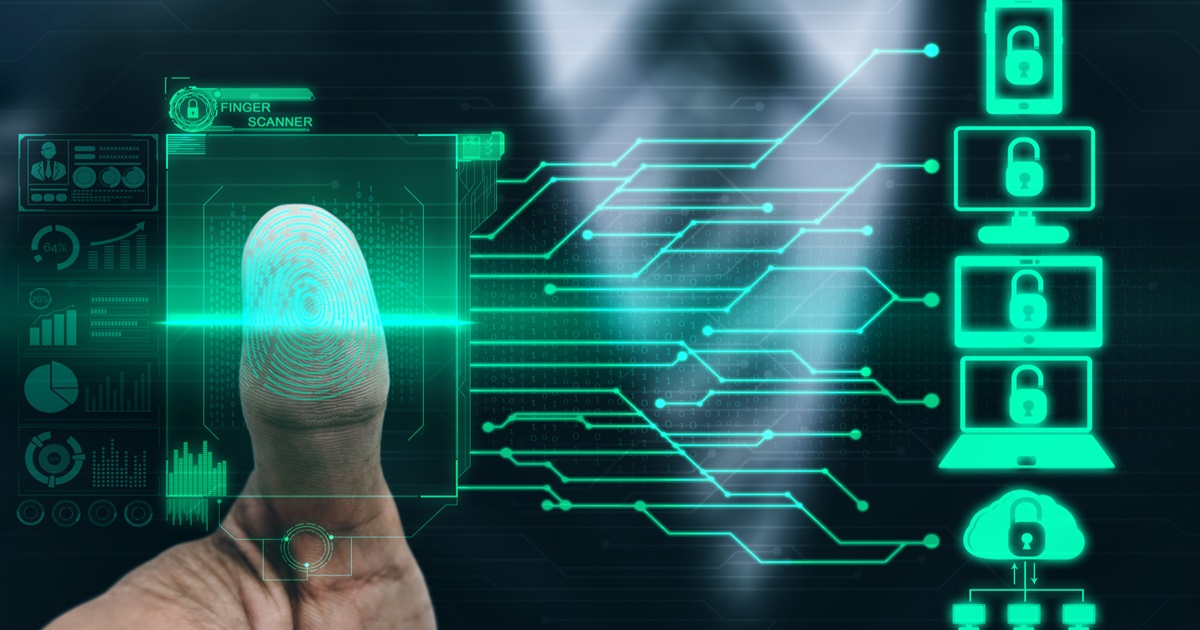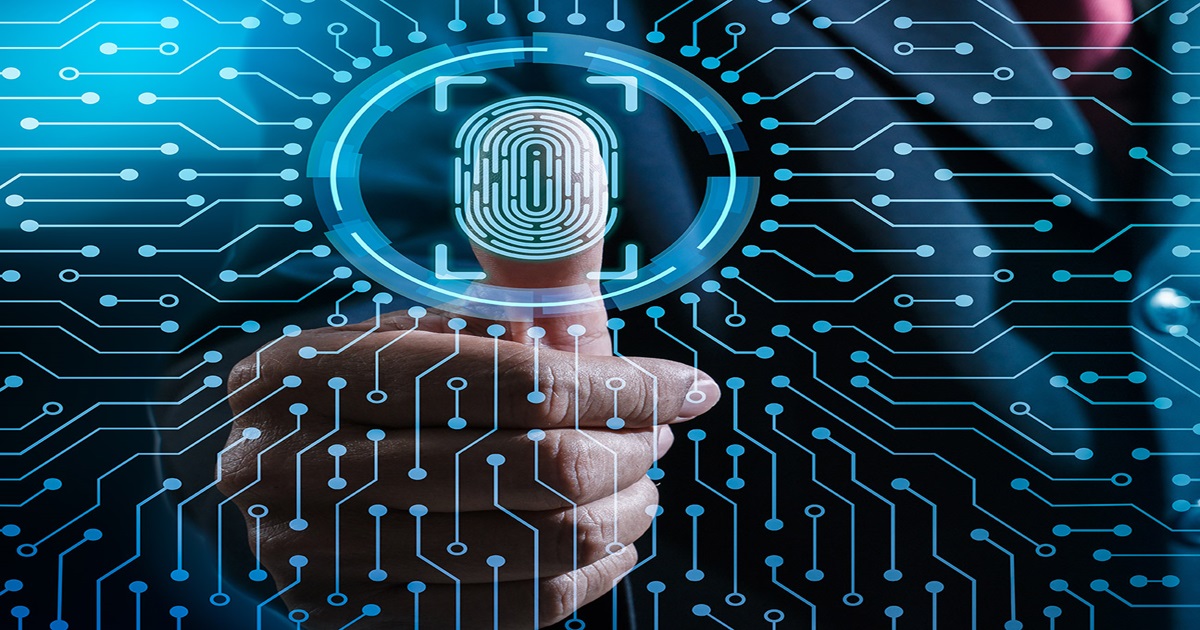
🌐 Explore the future of workforce management with the Biometric Attendance System in UAE! 🔐 Ensure security, efficiency, and innovation in timekeeping. Discover the latest in advanced technology.
In the dynamic landscape of the United Arab Emirates (UAE), where technological advancements redefine the way business operates, the introduction of Biometric Attendance Systems marks a significant leap towards a more streamlined and efficient workforce management.
In recent years, the United Arab Emirates (UAE) has witnessed a remarkable transformation in various sectors, and one area where technology is making a significant impact is timekeeping. The adoption of Biometric Attendance System in UAE has paved the way for a timekeeping revolution, revolutionizing how organizations manage their workforce.
This article delves into the nuances of biometric attendance systems in the UAE, exploring their implementation, benefits, challenges, and the future landscape.
Understanding Biometric Attendance Systems:
Biometric attendance systems utilize the unique physical or behavioral attributes of individuals for identification and authentication. Fingerprints, facial recognition, iris scans, and voice recognition are common forms of biometrics employed in these systems. In the UAE, where innovation is embraced, the integration of biometric technology in timekeeping has become a cornerstone of workforce management.
Evolution of Timekeeping:
Traditionally, timekeeping involved manual methods such as punch cards and sign-in sheets. However, these methods were prone to errors, time theft, and inaccuracies. With the advent of technology, electronic timekeeping systems emerged, laying the foundation for the evolution towards more sophisticated and secure methods.

The Rise of Biometric Attendance Systems:
Biometric Attendance Systems represent a quantum leap in timekeeping technology. Leveraging unique biological characteristics, such as fingerprints, facial recognition, and iris scans, these systems provide unparalleled accuracy and security. The UAE, being at the forefront of embracing cutting-edge technology, has rapidly adopted biometric attendance systems across various sectors.
Implementation of Biometric Attendance Systems in UAE:
- Government Initiatives: The UAE government has been at the forefront of adopting biometric attendance systems to enhance efficiency in public services. Initiatives like the Dubai Smart Government project leverage biometrics to streamline attendance tracking in government offices, ensuring accurate timekeeping and accountability.
- Private Sector Adoption: In the private sector, numerous organizations across various industries in the UAE have embraced biometric timekeeping. From multinational corporations to small and medium enterprises, the implementation of these systems has become a strategic move towards modernizing HR practices and ensuring transparency.

Benefits of Biometric Attendance Systems:
- Accuracy and Security: Biometric data, being unique to each individual, ensures a high level of accuracy in attendance tracking. This not only eliminates the possibility of manual errors but also enhances security by preventing unauthorized access.
- Elimination of Buddy Punching: One of the persistent challenges in traditional timekeeping systems was the practice of “buddy punching,” where employees would clock in on behalf of absent colleagues. Biometric systems, by their nature, require the physical presence of the individual, eliminating this fraudulent practice.
- Increased Efficiency: Automated biometric systems drastically reduce the time and effort required for Attendance Management. This efficiency translates to increased productivity as employees can focus more on their tasks rather than dealing with cumbersome timekeeping procedures.
- Streamlined Payroll Processes: Biometric attendance systems seamlessly integrate with payroll software, automating the calculation of working hours and facilitating error-free payroll processing. This not only saves time but also ensures fair compensation for employees based on their actual attendance.
- Increased Productivity: The efficiency and speed of biometric attendance systems contribute to increased productivity. Employees spend less time on manual clocking processes, allowing them to focus more on their tasks. This boost in productivity positively impacts the overall performance of organizations.

Challenges and Solutions:
- Privacy Concerns: The deployment of biometric systems raises legitimate concerns about the privacy of individuals. To address this, the UAE has implemented robust data protection regulations, ensuring that biometric data is handled with the utmost sensitivity and in compliance with international privacy standards.
- Technical Glitches: Like any technology, biometric systems are not immune to technical glitches. However, continuous advancements in technology, coupled with proactive maintenance and support, mitigate these challenges, ensuring smooth and uninterrupted operations.
- Initial Implementation Costs: Implementing biometric attendance systems involves upfront costs for acquiring hardware and software. However, the long-term benefits in terms of accuracy and efficiency often outweigh the initial investment. Organizations must carefully evaluate the return on investment for a comprehensive understanding.
Future Trends in Biometric Timekeeping:
As technology continues to evolve, the future of biometric timekeeping in the UAE holds exciting possibilities. Advancements in artificial intelligence and machine learning may lead to more sophisticated biometric systems, further enhancing accuracy and security.
FAQ’s:
Is biometric data safe and secure?
Yes, biometric data is highly secure. Modern biometric systems use advanced encryption and adhere to strict privacy regulations to safeguard the integrity of the data.
Can biometric systems be easily hacked?
Biometric systems employ sophisticated algorithms and security measures, making them challenging to hack. The risk is significantly lower compared to traditional password-based systems.
How are privacy concerns addressed in the UAE?
The UAE has implemented stringent data protection regulations, and organizations using biometric systems must comply with these regulations to ensure the privacy and security of individuals’ biometric data.
Are biometric systems cost-effective for small businesses?
The initial investment in biometric systems may seem substantial, but the long-term benefits, including increased efficiency and reduced labor costs, make them cost-effective for businesses of all sizes.
Are biometric attendance systems compatible with various platforms and operating systems?
Yes, many biometric attendance systems are designed to be cross-platform compatible. They can integrate seamlessly with different operating systems and platforms, providing flexibility for organizations using diverse technologies.
How can organizations conduct a cost-benefit analysis before implementing a biometric attendance system?
Organizations can conduct a cost-benefit analysis by considering initial implementation costs, potential savings in time and efficiency, and the long-term benefits such as increased productivity and accurate payroll processing. This analysis helps in making informed decisions about the return on investment.
Conclusion:
The integration of biometric attendance systems marks a revolutionary shift in timekeeping practices in the UAE. From government initiatives to private sector adoption, the benefits of accuracy, enhanced security, streamlined payroll processes, and increased productivity are reshaping how organizations manage their workforce.
While challenges exist, proactive measures and best practices ensure successful implementation, paving the way for a more efficient and secure future in timekeeping. The UAE’s commitment to embracing technological advancements Positions it as a leader in the global timekeeping revolution.



